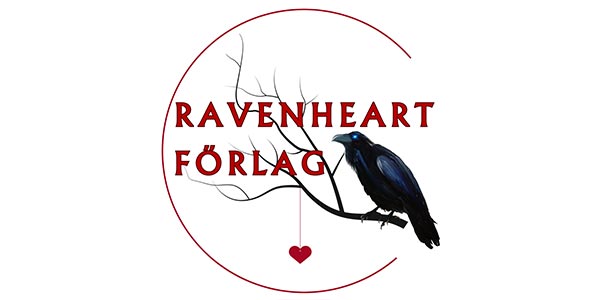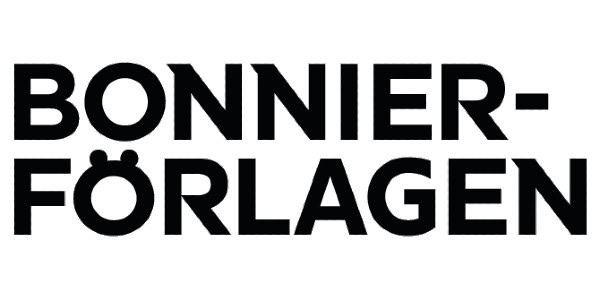
The Great Growing Up: Being Responsible for Humanity's Future

| Författare | |
|---|---|
| Förlag | HOHM PRESS |
| Format | Häftad |
| Språk | Engelska |
| Antal sidor | 219 |
| Vikt | 340 gr |
| Utgiven | 2011-10-01 |
| ISBN | 9781935387183 |
"The Great Growing Up" is about an urgent collective choice: to opt for responsible adulthood over the largely adolescent ways we have been relating to one another and our planet Earth. The author demonstrates that it is not too late to create the future we all say we want for our children and our children's children, a future that is environmentally sustainable, spiritually fulfilling and socially just. This book is about a change of thinking that supports a paradigm shift-from adolescent self-centeredness to adult responsibility for all life forms. Anyone willing to genuinely "grow up" can make this necessary choice. Ever-increasing numbers of individuals today are already seeking self-actualisation, growing in consciousness, and willing to take on leadership roles in bringing about the first conscious evolution of our species. This represents a somewhat invisible global movement of historic proportions. The Great Growing Up invites anyone concerned with humanity's future to participate in this new thinking. The work of growing up is not primarily about political action, it requires no government funding, no special trainings. The work is about a change of mind; we simply begin acting like mature adults. The author points out how. Taking the reader by the hand, Renesch presents a brief historical overview of the ideals and radical visions that informed this country's foundation. He invites us to consider what's been obscured, what's been lost, and when and why? He helps us to look courageously at the choices that have led to our personal, societal and planetary dilemmas. He identifies patterns of human behaviour that currently prevent making the shift in collective consciousness and pops a number of myths/beliefs we have that are no longer valid. Finally, he details the behaviours we need to encourage and offers an optimistic option for the future despite many negative global trends. His friendly writing style encourages trust and agreement, and the vast resources of his lifelong collaboration with business persons, futures and systems experts lends strong authority to his proposals.




















